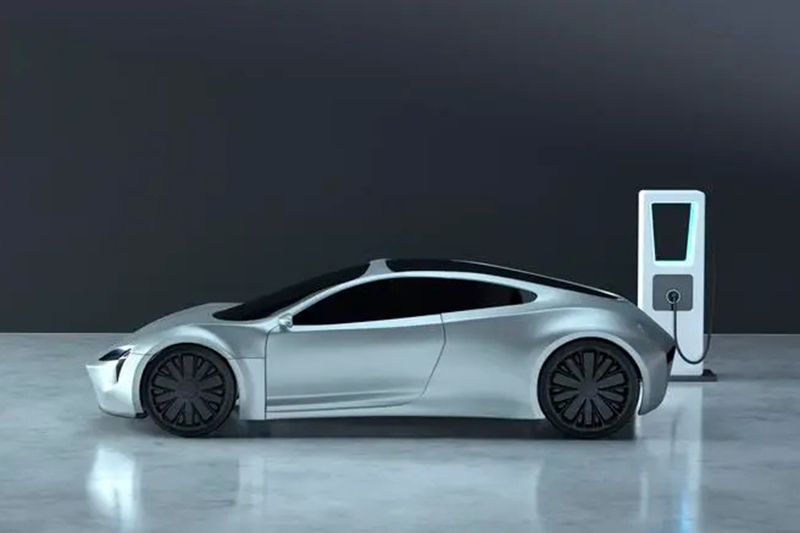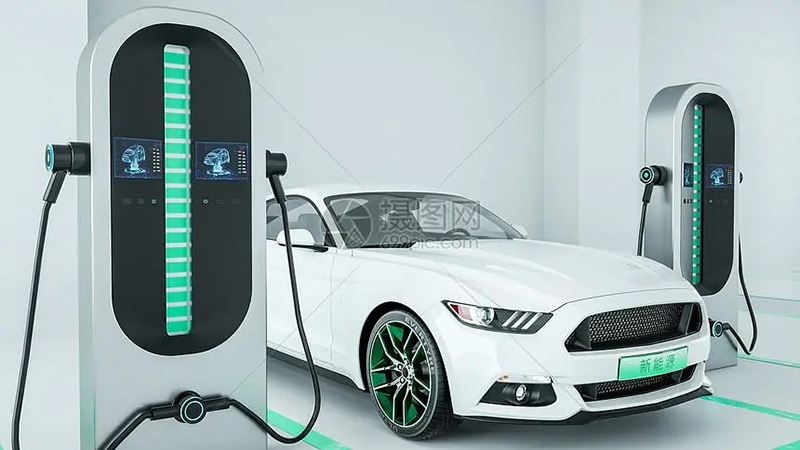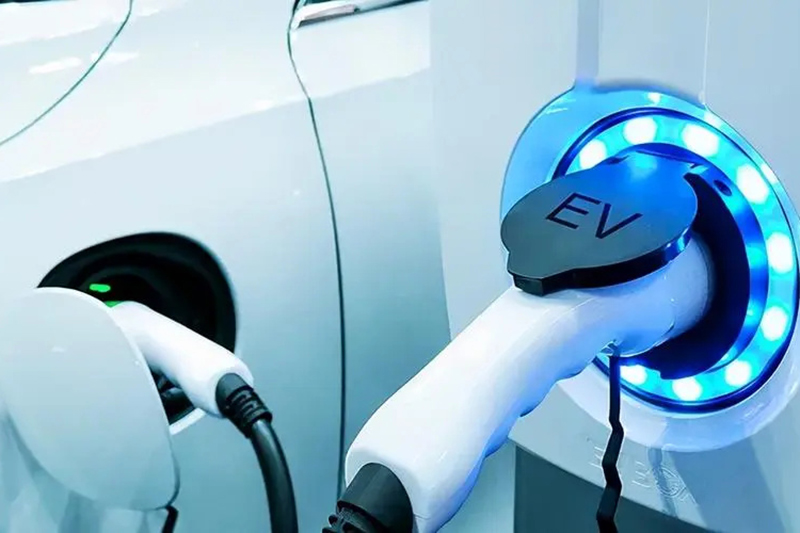NOV.17.2023
According to reports, a large number of electric vehicles appeared at the Japan Mobility Show held this week, but Japan is also facing a serious lack of charging facilities.
According to data from Enechange Ltd., Japan has an average of just one charging station for every 4,000 people, while the ratio is much higher in Europe, the United States and China, with 500 people, 600 in the United States and 1,800 in China.
Part of the reason for Japan’s inadequate charging infrastructure is the challenge of retrofitting older buildings, as residents’ consent is required to install chargers in apartment complexes. However, new developments are actively increasing charging infrastructure to attract potential EV owners.
Japanese car owners will be very anxious when driving long-distance electric vehicles in Japan. Many highway rest areas are equipped with one to three fast charging stations, but they are generally full and queued.
In a recent survey, Japanese consumers expressed higher concerns than any other country about the spread of EV chargers, with about 40% of respondents expressing concern about insufficient charging infrastructure. To address the problem, the Japanese government has doubled its target to build 300,000 electric vehicle charging stations across the country by 2030, providing 17.5 billion yen ($117 million) to operators this fiscal year. The huge subsidy is three times that of the previous fiscal year.
Japan’s automakers are also taking steps to accelerate the transition to electric vehicles. Honda Motor Co plans to phase out sales of gasoline-powered cars by 2040, while Nissan Motor Co aims to launch 27 electrified models by 2030, including 19 electric vehicles. Toyota Motor Corp. has also set ambitious sales targets to sell 1.5 million battery-electric vehicles by 2026 and 3.5 million by 2030.
Post time: Nov-08-2023








